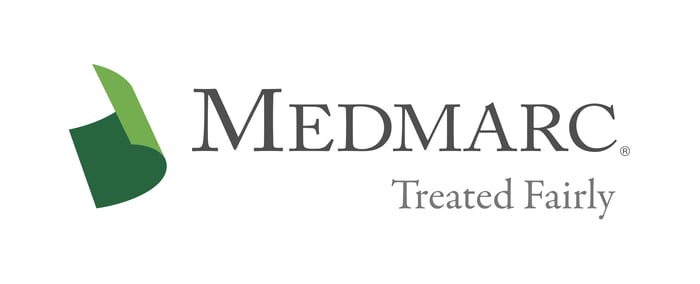FDA Reacts to COVID Mutations
The news of novel variants of the SARS-CoV-2 virus triggered a response from across the U.S. federal government, but the impact was perhaps most keenly felt at the FDA, which issued multiple guidances in response. The agency expects the new variants to have at least some impact on vaccines, but the bigger effect may be on assays, which are at some risk of returning false negative results.
The FDA had advised the public as to the potential problems associated with the novel variants in early January, making note of the potential for false negative results even with molecular tests. The agency said in the Jan. 8 statement that it was working with test developers to track the ability of their tests to detect the new variants, although the FDA indicated that there is no worse than a moderate risk that the new variants would render existing tests obsolete.
The guidance for testing indicates that the agency is considering a requirement that test developers assess their existing tests for any effect on test performance arising from the new mutations. This would be recommended for all tests should the FDA adopt such a policy, but new applications for emergency use authorizations will have to demonstrate that the test has been designed to at least minimize the impact of the new variants on test performance.
The FDA said it would prefer that any applications with genotyping claims be limited to tests that rely on whole genome sequencing, as other technologies may struggle to adequately capture emerging mutations and variants. Molecular test developers may have to evaluate the performance of those tests across all known variants at the time of test validation, but may also be required to consider the potential impact of as-yet unknown mutations.
The agency’s updated vaccine guidance generally follows the existing policy for questions such as documentation of chemistry, manufacturing and controls. However, the agency indicated that it has not arrived at a fixed set of expectations for the data needed to authorize a new vaccine to account for the new variants. That same uncertainty underlies the question of modifications of existing vaccines to account for the new variants and mutations. The FDA explicitly excluded any related considerations for multivalent vaccines from the scope of the guidance, at least for the time being.
Vaccine developers may not be required to conduct repeat dose toxicity studies for vaccines that are thus modified, but the FDA encourages developers to repeat their animal studies. Human studies may have to be conducted when a modified vaccine is to be administered as a booster vaccine for the corresponding prototype vaccine, and the clinical study for the modified vaccine may have to demonstrate at least non-inferiority to the prototype.
NIH; data suggest low risk of reinfection
While the FDA grapples with the dilemma created by the mutations to the SARS-CoV-2 virus, the National Institutes of Health offered some reassurance about the immune status of those who exhibit antibodies to the SARS-CoV-2 virus. The NIH said the data to date do not clearly depict how long this immunity will last, but Lynne Penberthy of the National Cancer Institute said the NIH is “nevertheless encouraged by this early finding.”
The study in question is based on antibody test results from more than three million subjects who tested positive between Jan. 1 and Aug. 23, 2020, which represented more than half of all antibody tests conducted in the U.S. over that time. Slightly less than 12% of these subjects tested positive for antibodies, but only about 0.3% of the subjects who had tested positive tested positive after 90 days tested positive again when tested by PCR. This stands in sharp contrast to those who tested negative at baseline, a group that tested positive at a rate of 3-4% at each 30-day interval out to 90 days.
NIH advised that as an observational study, these data may suffer for want of randomization of the subjects, particularly given questions about the motivation of enrollees to undertake a follow-up test. Nonetheless, the findings offer some encouragement, given the existing uncertainty over the duration of immunity.
For additional resources contact the Marketing department
Phone: 888-633-6272
Medmarc is a member of ProAssurance Group, a family of specialty liability insurance companies. The product material is for informational purposes only. In the event any of the information presented conflicts with the terms and conditions of any policy of insurance offered from ProAssurance, its subsidiaries, and its affiliates, the terms and conditions of the actual policy will apply.
Copyright © 2024 - Medmarc
